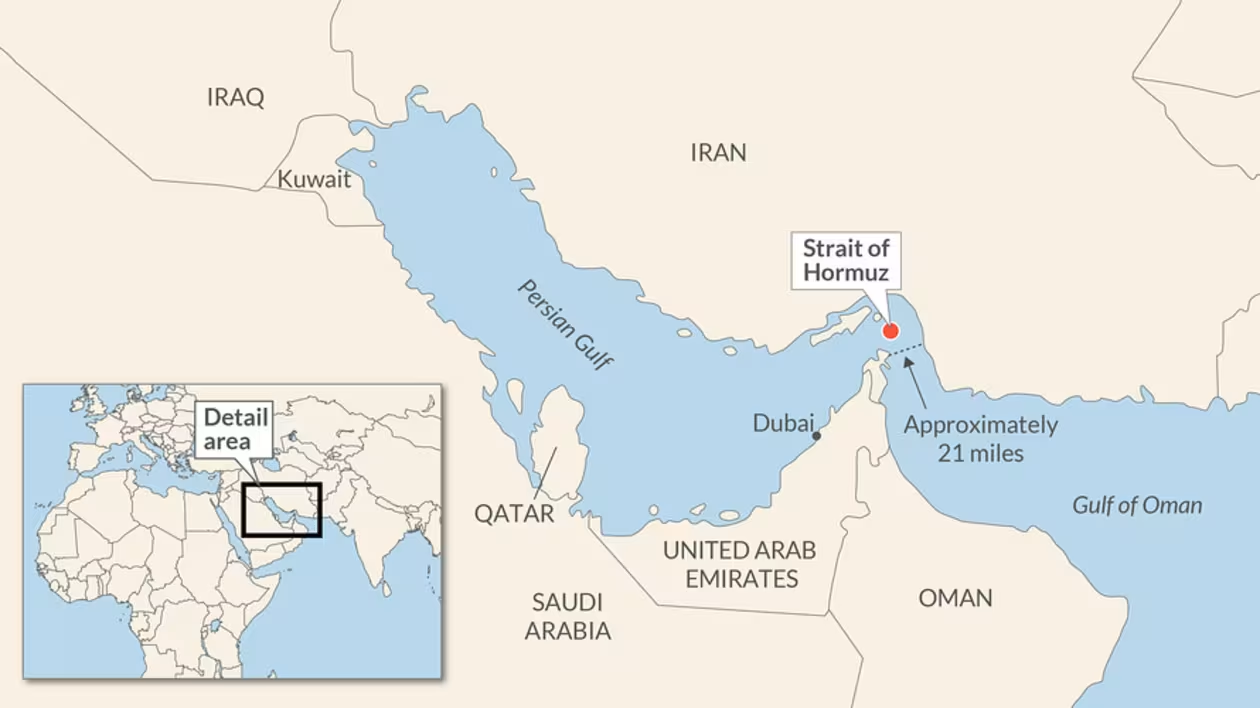After disclosing adjusted revenue in its fourth-quarter earnings report that was released early Thursday, Southwest Airlines Co. may face the possibility of receiving a comment letter from the Securities and Exchange Commission.
In footnotes, the airline (LUV) clarified that the adjusted revenue—a non-GAAP metric—was connected to flight credits given to customers in 2022 and earlier. Generally Accepted Accounting Principles, or GAAP, is the norm that American businesses must adhere to.
That year, Southwest changed its policy, deciding that travelers who had accrued points from its loyalty program or who had accumulated credits due to their inability to travel during the epidemic might keep them without an expiration date.
Before 2024, the business had recorded what is known as breakage revenue from those flight credits. However, it concluded that it may reverse a portion of that previous breakage revenue based on actual customer redemptions during that year and anticipated future redemptions.
The move is significant because the actual revenue number of $6.931 billion fell short of the consensus revenue target, while the $116 million breakage revenue adjustment increased the revenue amount to $7.047 billion, surpassing the FactSet consensus of $6.959 billion.
“Southwest Airlines’ $116 million breakage adjustment is material because it affects revenue and because it leads to a beat,” stated Olga Usvyatsky, creator of Deep Quarry, an accounting-focused Substack newsletter and former vice president for research at Audit Analytics.
Francine McKenna, a former journalist and professor who writes the Dig weekly on Substack, claims that the airline also violated another SEC regulation.
“They have adjusted revenue and created their own version of GAAP, a tailor-made accounting metric, which is a no-no,” she continued. “The SEC should quickly smack them for both.”
Companies are permitted to utilize both GAAP and non-GAAP numbers under SEC regulations, but they are required to give GAAP figures more weight and provide a reconciliation of the two.
Many companies have received comment letters from the regulator since it released new guidelines in 2016 regarding revenue adjustments and the use of “individually tailored recognition and measurement” methods, which replace GAAP with the company’s own interpretation of accounting standards.
Only the prominence issue was addressed in Southwest’s response to MarketWatch.
“We reported our GAAP operating revenue before discussing our operating revenues, excluding special items,” the company stated in remarks sent by email. “In accordance with SEC rules about the presentation of non-GAAP financial measures, we also provided a full explanation of the minor adjustment and presented a reconciliation to GAAP for operating revenues, excluding special items.”
From the June 2017 archives: A little-known accounting adjustment could increase the profits of Amazon, Starbucks, and Walmart by hundreds of millions of dollars.





